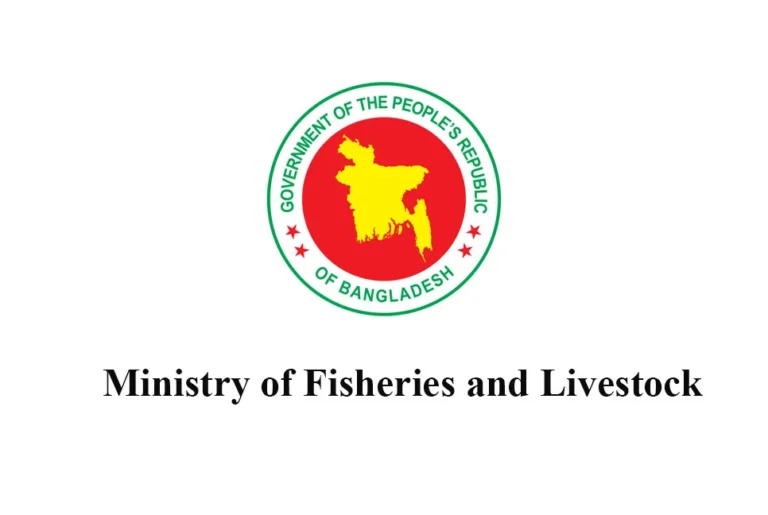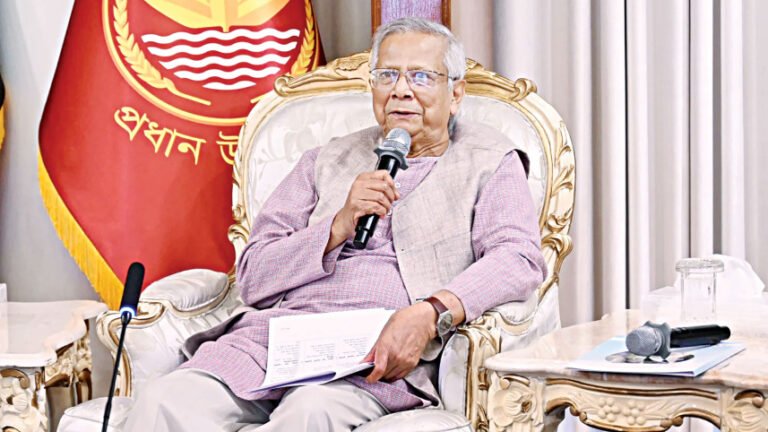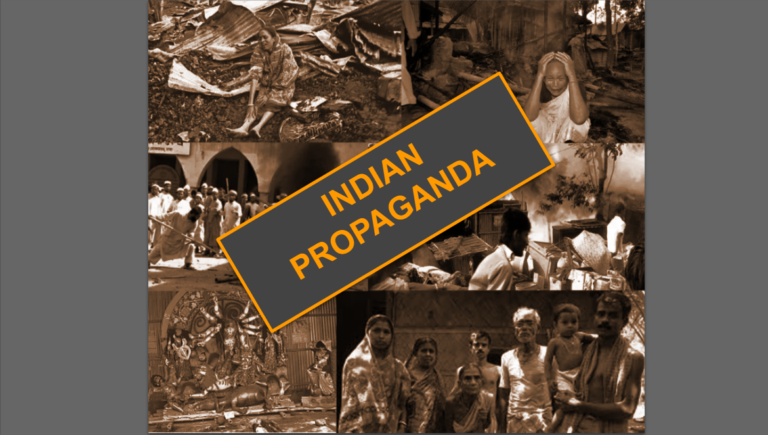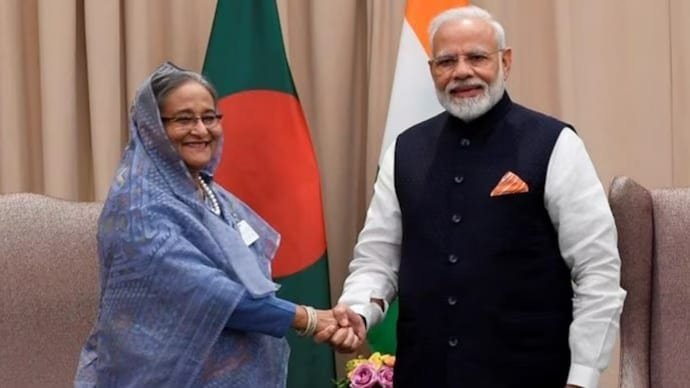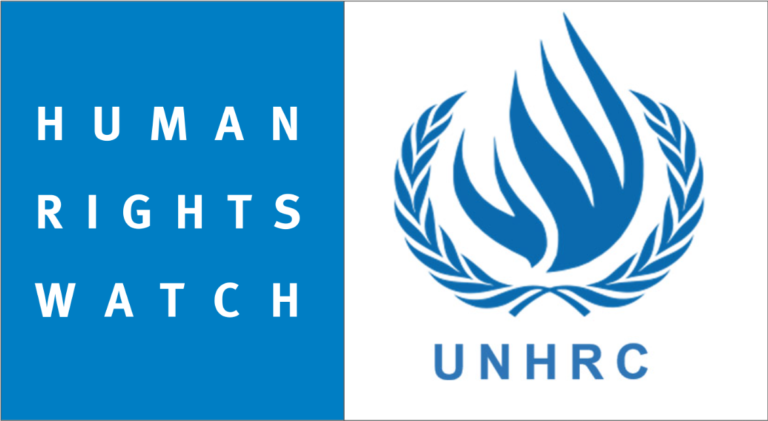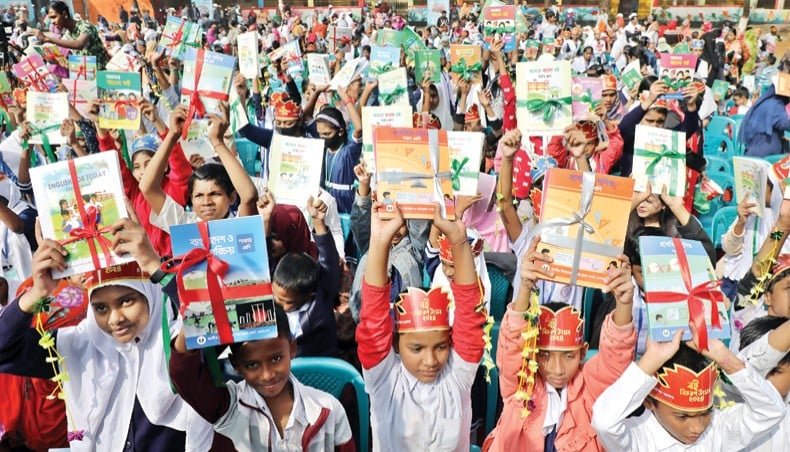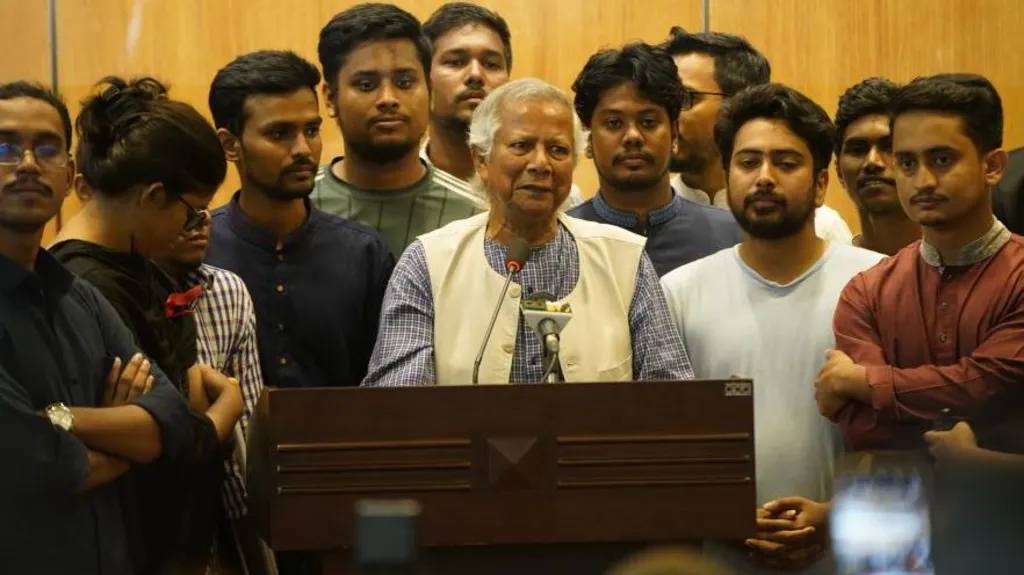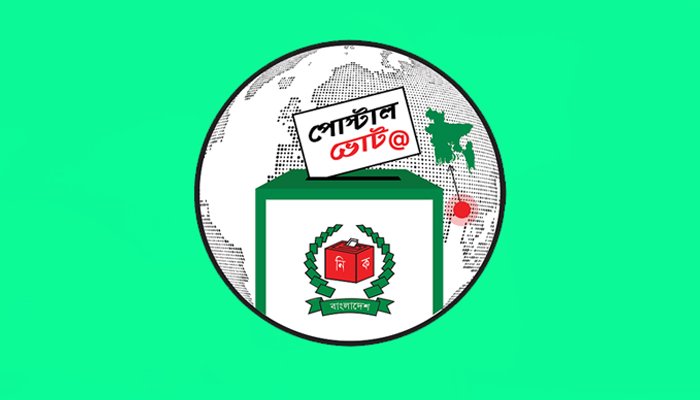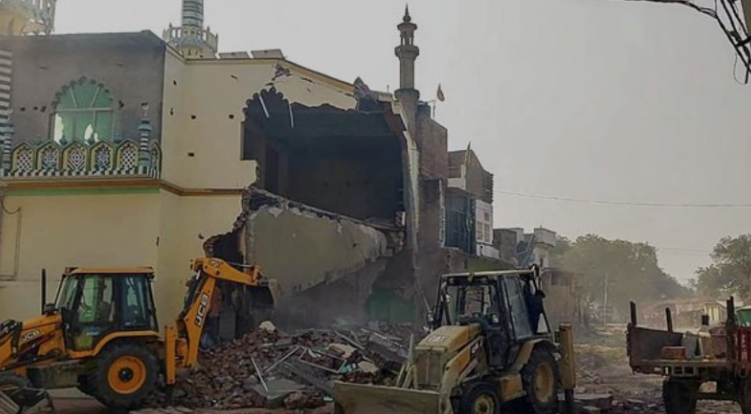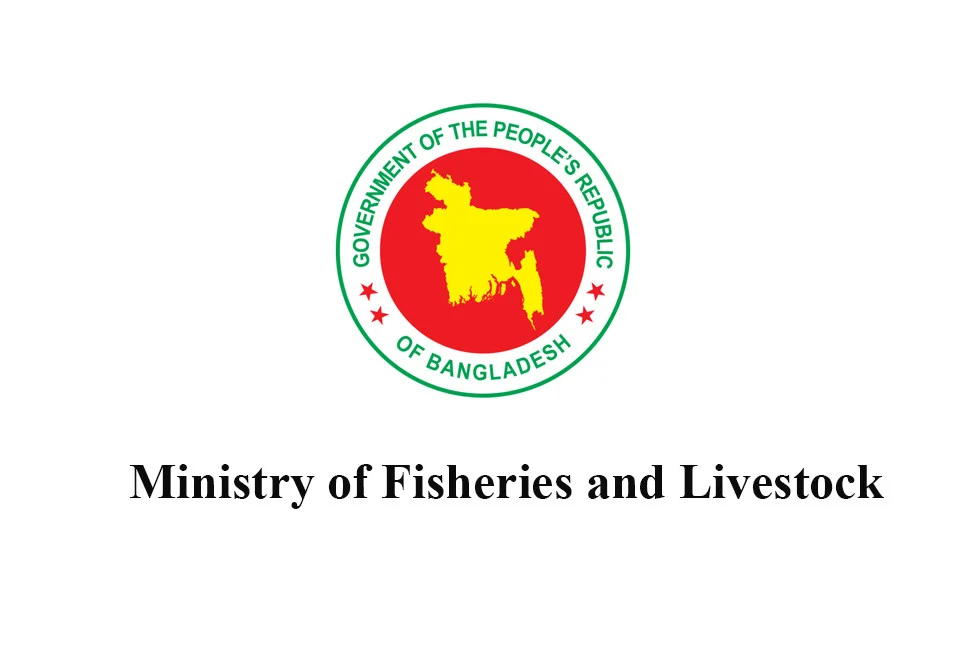Amid diversified challenges and an uncongenial atmosphere, the interim government has been working in full swing aimed at distributing free textbooks among the students from pre-primary to secondary level across the country at the very beginning of the academic year 2025.
A total of 37.5 crore textbooks will be printed for the upcoming 2025 academic year, which was 35 crore last year. The activities will begin through opening of tenders on October 14 while the process of printing is expected to start in the first week of November, according to education ministry officials.
“Despite placing orders in November, we managed to distribute books on January first in 2020, 2021 and 2022 amid the Covid-19 pandemic. This time, we will try our best to distribute the maximum number of books in early January even if hundred percent is not possible,” National Curriculum and Textbook Board (NCTB) Chairman AKM Riazul Hasan told BSS.
Riazul said there has been a tradition of distributing books at the beginning of the academic year which has both good and bad sides, as such obligation in printing books in a rush sometimes leads to compromise with the quality of books.
“As a result, complaints like using poor quality papers, substandard binding, blurry texts, printing errors, torn books, unclear photos and so on used to arise,” he added.
“This year, we have two major challenges – revising books following the 2012 curriculum as per education adviser’s instructions and ensuring the quality of books,” he said, adding, “The NCTB will adopt zero tolerance policy in ensuring the quality of textbooks for 2025 academic year.”
NCTB officials are determined to meet the January deadline as well as ensure quality of books and thus, stricter monitoring has been developed to ensure transparency in the textbook printing process.
“We have a team working to supervise the revision of the textbooks by modifying it in the light of the 2012 curriculum,” Riazul said.
NCTB Chairman also mentioned penalties for the tenders who failed to ensure transparency and quality. “We will make it explicitly clear in the tender that the work must be completed within the stipulated time. If the deadline is missed, whatever the reason is, we will take strict action,” he added.
NCTB member Prof Dr Riyad Chowdhury said, “Inviting tenders for printing textbooks has already begun. We have already opened two tenders while the others are under process. The work is almost completed.”
Regarding the progress in paper mills and presses, Riyad said they had several meetings with the owners of paper mills and presses. The mill authorities assured that they have enough paper supply while the presses said they will be able to print on time, if they get the paper timely, he added.
To ensure the quality of textbooks, inspection agents have been working, Riad said, adding, “We have hired inspection teams through tender who have been monitoring whether the required quality is being maintained or not.”
The inspection agents will also scrutinize whether the textbook principles are appropriately maintained in the presses, he said, adding, “The report of inspection teams is very crucial because without their certification we will not consider that the quality is being maintained.”
Meanwhile Education Advisor Wahiduddin Mahmud recently said the work of revising the textbooks is going on with a very short-time time frame due to the importance of delivering new books to students at the start of the year. The Adviser expressed concern that “some errors might remain” due to the short timeframe for revisions.
“We had to revise the textbooks in two to three weeks to ensure new books were provided to students. There may still be some mistakes,” said Wahiduddin, hoping that further improvements can be made with the advice of concerned groups and education experts along with maintaining continuity in the curriculum.
Talking to BSS, Dhaka University Education and Research Institute Professor Dr Tapas Kumar Biswas said students wish to get new books at the beginning of the year as the smell of new books brings them back to a new learning environment.
The education ministry sources said the ministry decided in principle not to distribute books this year through a book festival like previous years. However, the ministry has been working relentlessly to ensure books are being handed over to students on time.
Following the fall of Awami League led government through mass upsurge, it was decided to cancel the 2023 curriculum and revert to the 2012 curriculum.
The interim government has significantly revised the secondary education system, reintroducing divisions in science, humanities, and business studies, and aligning assessment methods with the 2012 national curriculum.


